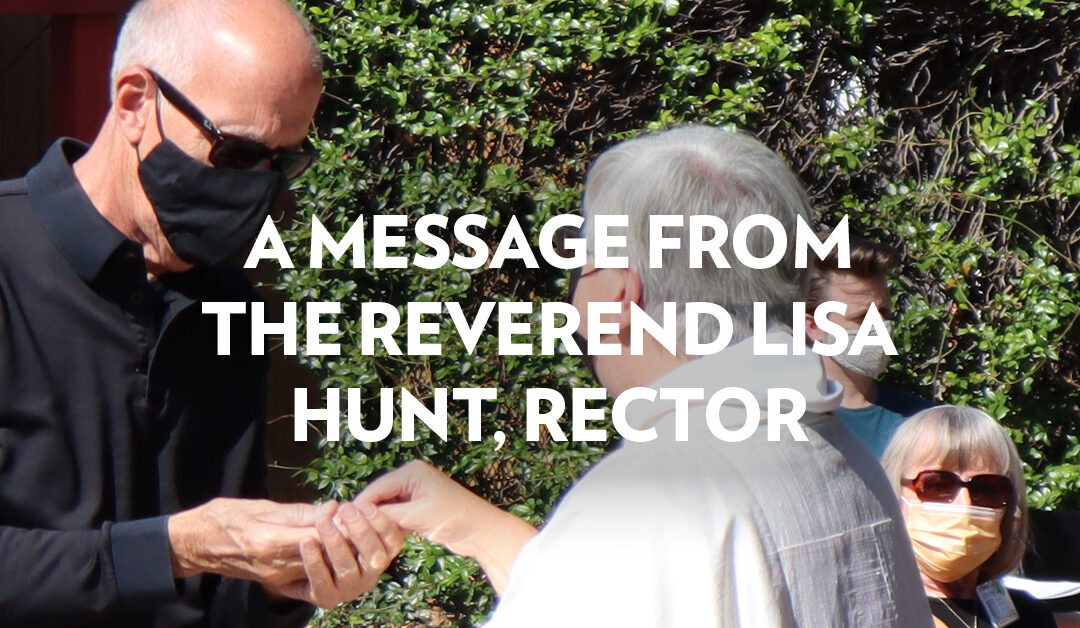I was in a conversation this week in which I was talking with a lawyer and a finance professional about how fees for service are determined. The finance person said that the market will set the price. The attorney abjured saying that in legal practices, if one attorney starts cutting fees there is a race to the bottom on the prices. Valuation is a critical question.
In Sunday’s gospel lesson from Luke, Jesus talks about the cost of discipleship. He insists, “Whoever comes to me and does not hate father and mother, wife and children, brothers and sisters, yes, and even life itself, cannot be my disciple. Whoever does not carry the cross and follow me cannot be my disciple. For which of you, intending to build a tower, does not first sit down and estimate the cost, to see whether he has enough to complete it? Otherwise, when he has laid a foundation and is not able to finish, all who see it will begin to ridicule him, saying, `This fellow began to build and was not able to finish'(Luke 14:25-26).
The cost of discipleship is steep. Jesus goes on to say that it requires giving up all one’s possessions.
How important is it to us to be a disciple of Jesus? What price are we willing to pay?
The movement from country club church to discipleship can be steep. The transformation from the certainty of ideology to the ambiguity of the gospel can be overwhelming. The exchange from habitual spirituality to conscious choice can be extreme.
Each of us must count the cost and know that we get what we pay for.
Luke 14:25-33
Now large crowds were traveling with Jesus; and he turned and said to them “Or what king, going out to wage war against another king, will not sit down first and consider whether he is able with ten thousand to oppose the one who comes against him with twenty thousand? If he cannot, then, while the other is still far away, he sends a delegation and asks for the terms of peace. So therefore, none of you can become my disciple if you do not give up all your possessions.”
The Reverend Lisa Hunt, Rector

